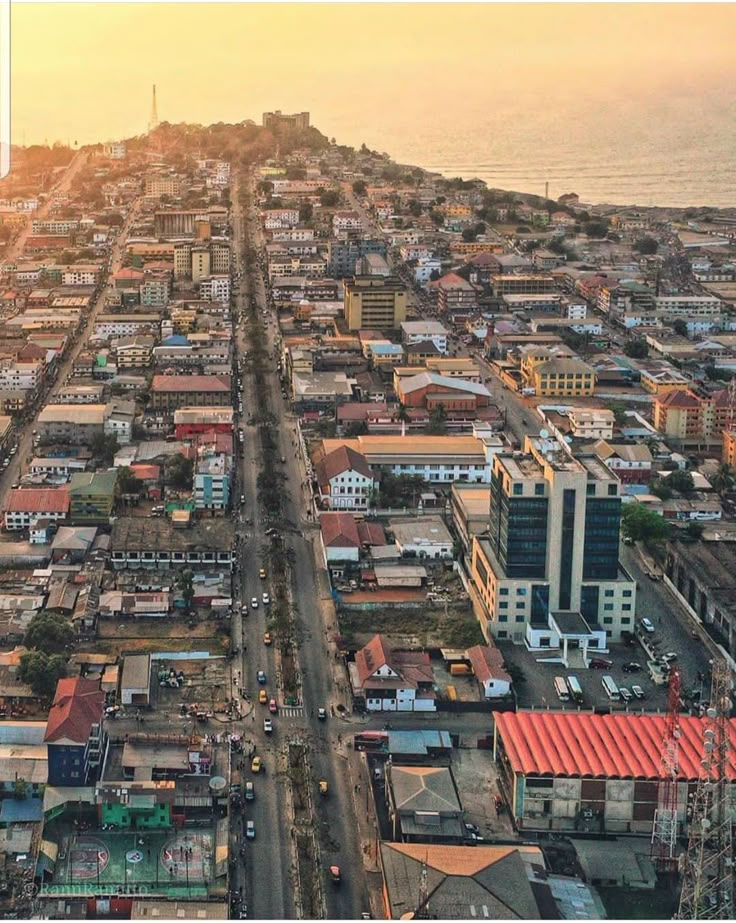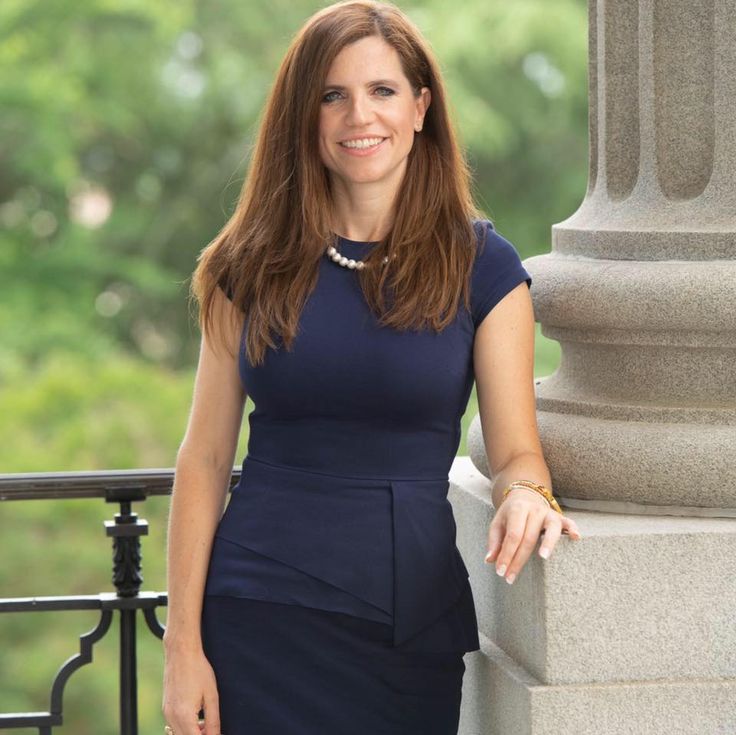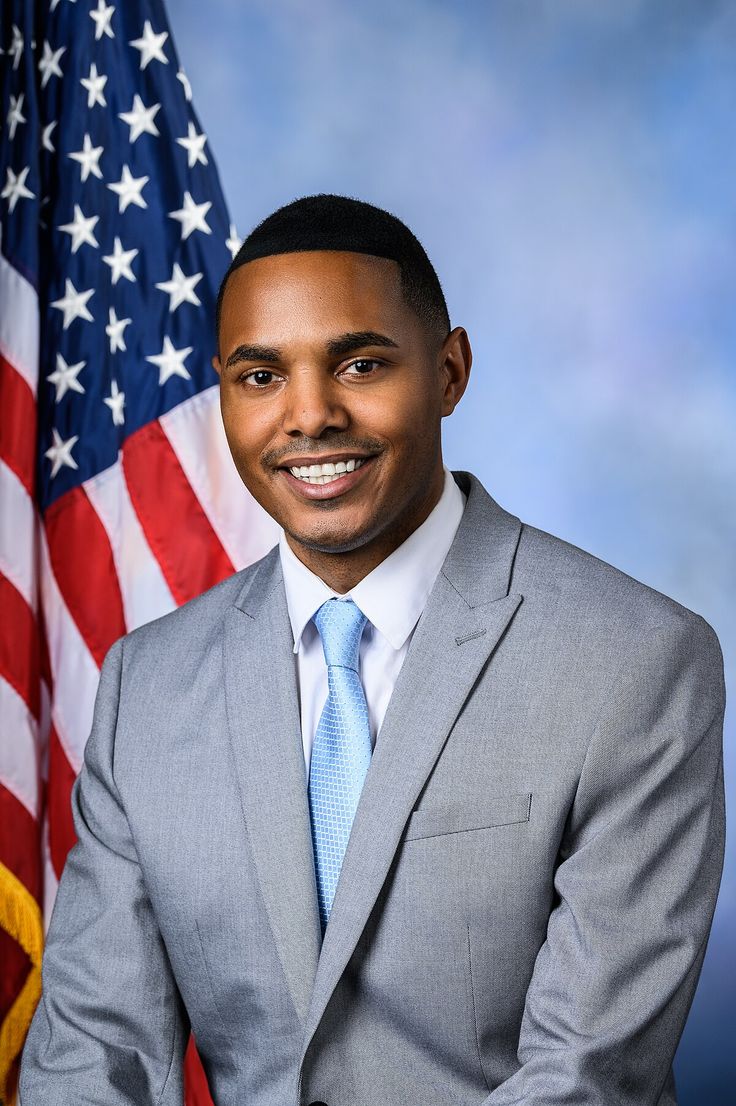“Liberia’s Rich Heritage: Celebrating Its Traditions and Festivals”
Historical Context of Liberia Culture
Liberia’s cultural heritage is deeply rooted in its history as Africa’s first independent republic, founded in 1847 by freed slaves under the American Colonization Society. This unique founding story introduced American influences such as Christianity and Western rule, which mingled with the indigenous practices of the 16 ethnic groups that inhabit the region. Each group, such as the Kpelle with their harvest festivals or the Grebo with their mask-making traditions, contributes distinctive customs, languages, and spiritual beliefs.
The interplay of these indigenous and settler influences created a hybrid culture, clearly visible in festivals that combine African rhythms with American-style celebrations such as Thanksgiving. Despite disruptions caused by civil wars (1989-2003), which threatened traditional practices, the post-war era has seen a revival of cultural pride, with festivals becoming platforms for healing and unity. This historical context emphasizes why Liberia’s festivals are more than just celebrations—they are acts of cultural preservation and resistance against erasure.
Diversity of Ethnic Traditions
Liberia’s cultural richness lies in its ethnic diversity, where each group presents its unique traditions on the national stage. The largest ethnic group, the Kpelle, celebrates the Tamba Festival, a harvest festival filled with music, dance and gratitude to the spirits of ancestors. The Grebo mask festival showcases intricate mask making and performance art, reflecting spiritual beliefs in ancestors and bush spirits. The Bassa people contribute vibrant dance music and textile art, while the Vai are renowned for their unique alphabet, a cultural treasure born of visionary innovation.
These traditions are not static; they evolve, and incorporate modern elements such as apko music, a Liberia rap style that blends traditional rhythms with contemporary issues. These festivals provide a platform for these groups to showcase their distinctive identities, while also reinforcing Liberia’s multicultural unity while promoting dialogue and mutual respect.
Key Festivals and Their Significance
Liberia’s festivals are living displays of its heritage, each of which holds deep cultural and social significance. The National Cultural Festival, held every two years in Monroe, is a major event featuring parades, traditional dances and concerts that highlight the country’s diversity.
Attracting locals and tourists, it promotes national pride and unity. Independence Day (July 26) commemorates Liberia’s 1847 independence with colourful parades, speeches and church services that blend African and American elements. The Tamba Festival among the Kpelle people celebrates agricultural abundance, with vibrantly costumed participants dancing in honour of ancestors.
The Mask Festival of the Grebo emphasizes spiritual storytelling through masks and performances, preserving endangered traditions. The Fula Festival celebrates the heritage of the Fula people with music, dance and storytelling, strengthening community bonds. The Gbarnga Cultural Festival showcases Bassa culture through art and dance, while Kwanzaa, though less elaborate, promotes reflection on African principles. These festivals are not just celebrations, but important forums for cultural expression and social cohesion.
Role in Community Building
Festivals in Liberia play an important role in fostering community bonding and social harmony. These festivals bring together diverse ethnic groups, promoting cultural exchange and mutual understanding. For example, the 2025 Cultural Festival in Bong County, themed “Celebrating Culture and Empowering Change,” combined traditional performances with advocacy for gender equality and the elimination of harmful practices, demonstrating the role of festivals as an educational platform.
Events such as the National County Sports Competition blend sports, music and dance, uniting Liberians in shared enjoyment. By showcasing traditional costumes, dances and stories, festivals reinforce ethnic identity as well as foster collective national pride. They also provide economic opportunities, attract tourists and support local artisans, thus contributing to community development.
Preservation of Cultural Heritage
In the midst of modernization and past conflicts, Liberia’s festivals are vital to the preservation of cultural heritage. They serve as living archives, passing on traditions such as drumming, mask-making, and storytelling to younger generations. The Gbarnga Cultural Festival, for example, highlights Bassa customs and ensures they stay alive.
Festivals also counter the effects of globalization by celebrating indigenous practices, such as the use of traditional instruments like the talking drum. Organizations such as ActionAid Liberia support these efforts and promote sustainable cultural preservation. By showcasing crafts such as wood carving and Kente cloth weaving, festivals maintain Liberia’s artistic heritage and connect communities to their ancestral roots.
Share this content:




Post Comment